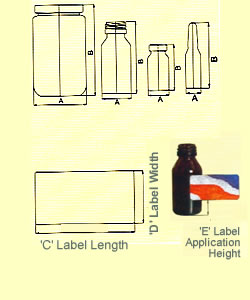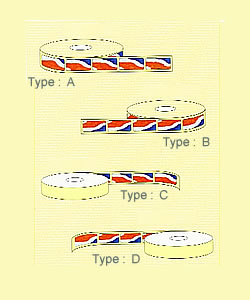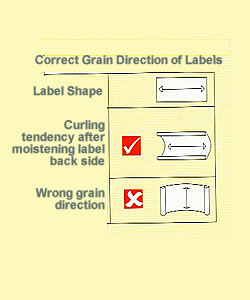|
|
| Home | About Labelling Machinery | Type of Labelling Machinery for Various Industries:- Automatic Labelling Machines / Semi Automatic Labelling Machines | Labelling Machine Technology | Application of Labelling Machine | Labelling Machine Ready Reckoner | How to Find Best Labelling Machinery? | Labelling Machinery Terms | Sitemap | Contact Us | ||||||||||||||||||||||||||||||||||||
| Labelling Machinery Terms | Technical Details for Labelling Requirement | ||||||||||||||||||||||||||||||||||||
Labelling Machinery Terms |
||||||||||||||||||||||||||||||||||||
Technical Details for Labelling Requirement
|
||||||||||||||||||||||||||||||||||||
|
||||||||||||||||||||||||||||||||||||
| Home | About Labelling Machinery | Labelling Machine Technology | Application of Labelling Machine | Labelling Machine Ready Reckoner | How to Find Best Labelling Machinery? | Labelling Machinery Terms | Sitemap | Contact Us | ||||||||||||||||||||||||||||||||||||
Type of Labelling Machinery for Various Industries Fully Automatic Labelling Machine | Semi Automatic Labelling Machine | Sticker Labelling Machine | Fully Automatic High Speed Sticker Labelling Machine | Self Adhesive Sticker Labelling Machine | Label Printing Machine | Label Applicator / Labeller | Carton Code Printing and Labeling Machine | Vial Labelling Machine | Ampoule Labelling Machine | Bottle Labelling Machine | Wrap Round Labelling Machine | Self Adhesive Vial & Bottle Labelling Machine | Automatic Bottle Labeler Machine | Jar Labelling Machine | Hologram Applicator | Wet Glue Labelling Machine | Rotary Labelling Machine | High Speed Rotary Machine | Tamper Evident labels and labelling | Security Label Application | Front and Back Labelling Machine | Top Side Labeling Machine |
||||||||||||||||||||||||||||||||||||
Copyright © 2007, www.labeling.in, Best View at 1024 x 780 pixels |
||||||||||||||||||||||||||||||||||||


